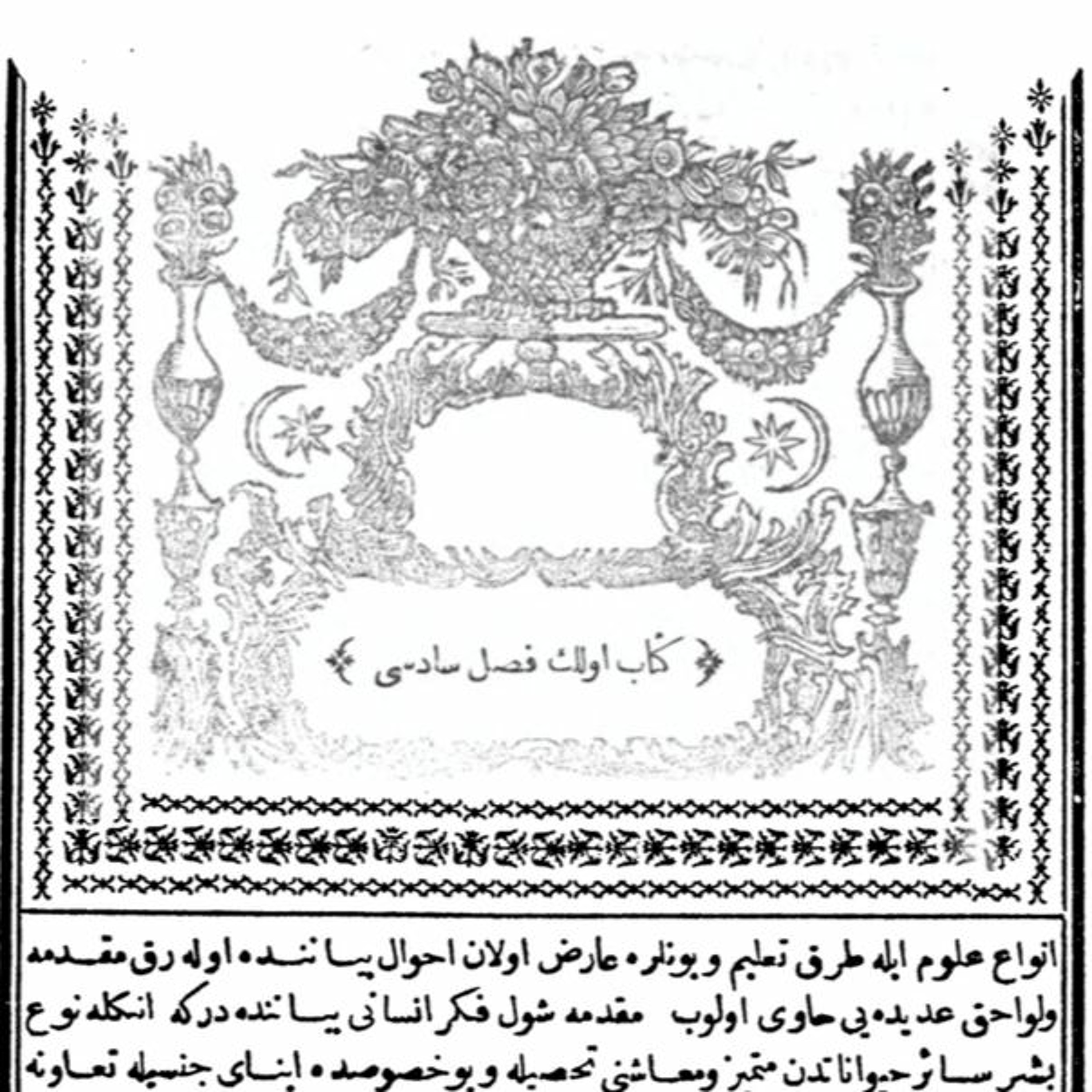
Late Ottoman Translations of Ibn Khaldun | Kenan Tekin
 2017-06-15
2017-06-15
Download
Right click and do "save link as"
E316 | Among the many important medieval texts written in Arabic, few have received more attention from scholars in Europe than The Muqaddimah, an introduction to history by the 14th-century North African writer Ibn Khaldun. In this episode, we explore another of arena for reception of Ibn Khaldun, the Ottoman Empire, with our guest Kenan Tekin. In particular, we examine Ottoman translations of Ibn Khaldun's Muqaddimah, especially that of the 19th-century statesman and scholar Ahmet Cevdet. In our discussion of Cevdet's translation of and commentary on Ibn Khaldun's work, we explore the intellectual engagement of Ottoman Tanzimat-era thinkers with ideas from the past centuries of Islamicate scholarship and consider Cevdet's late Ottoman work as an early example of writing about the history of science.
More at http://www.ottomanhistorypodcast.com/2017/06/khaldun.html
Kenan Tekin is a research assistant at Yalova University. He earned his Ph.D. degree from Columbia University in 2016. His research interests include history and philosophy of science and religion, Ottoman and Islamic intellectual history, and transformations from manuscript to print culture.
Chris Gratien holds a Ph.D. from Georgetown University's Department of History and is currently an Academy Scholar at the Harvard Academy for International and Area Studies. His research focuses on the social and environmental history of the Ottoman Empire and the modern Middle East. He is currently preparing a monograph about the environmental history of the Cilicia region from the 1850s until the 1950s.
CREDITS
Episode No. 316
Release Date: 15 June 2015
Recording Location: Harvard University
Audio editing by Chris Gratien
Music: Lili Labassi - Mazal Haye Mazal; Harmandali - Recep Efendi, Cemal Efendi; Katibim (Uskudar'a Gider iken) - Safiye Ayla
Special thanks to Kara Günes for permission to use the composition "Istanbul"
Images and bibliography courtesy of Kenan Tekin available at http://www.ottomanhistorypodcast.com/2017/06/khaldun.html
view more
More Episodes
Ottoman Passports | İlkay Yılmaz
 2024-09-05
2024-09-05
 2024-09-05
2024-09-05
An Ottoman Imam in Brazil | Ali Kulez
 2024-04-11
2024-04-11
 2024-04-11
2024-04-11
Media of the Masses in Modern Egypt
 2023-12-04
2023-12-04
 2023-12-04
2023-12-04
Nasser, Nubia, and the Stories of a People
 2023-12-04
2023-12-04
 2023-12-04
2023-12-04
012345678910111213141516171819
Create your
podcast in
minutes
- Full-featured podcast site
- Unlimited storage and bandwidth
- Comprehensive podcast stats
- Distribute to Apple Podcasts, Spotify, and more
- Make money with your podcast
It is Free
- Privacy Policy
- Cookie Policy
- Terms of Use
- Consent Preferences
- Copyright © 2015-2024 Podbean.com



